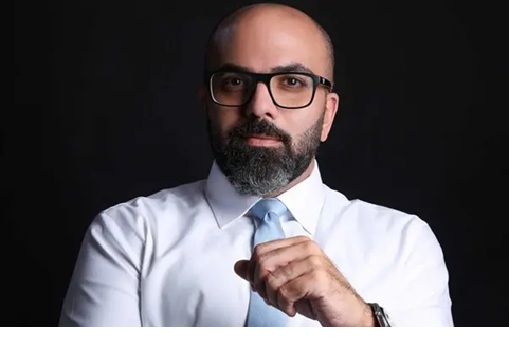
FINEXITY , a leading digital assets company based in Hamburg, providing investors with access to tokenized private markets investments under FINEXITY is set to launch its private market investment fund in UAE and has started with the appointment of Marc Dahlke as Strategic Board Advisor and Member of the Investment Committee.
As per the press release, the appointment underscores FINEXITY’s ambition to drive opportunities in private markets by further expanding its leading digital investment and distribution infrastructure across borders and enabling investors to access tokenized structured private market investments – such as real estate, private equity, infrastructure, and collectibles – through a fully digital, regulated investment platform.
Marc Dahlke brings a distinguished background in legal, strategic, and financial advisory roles. He started his career at Magic Circle law firm Freshfields LLP, before working for The Boston Consulting Group in Vienna and Dubai for eleven years, where he led, among others, the Family Office Practice Area in the Middle East. Today, he holds senior positions, such as at Sidra Capital, a Saudi-based Multi Family Office and global Asset Management & Investment firm, as well as at the venture builder Bridgemaker Gulf, where he is an active supporter of business model innovation and AI-driven ventures in the region.
“Marc’s deep roots in the Middle East and his comprehensive understanding of regional market dynamics make him an invaluable partner as we expand our footprint in the Gulf,” said Paul Huelsmann, Founder and CEO Global of FINEXITY. “His experience across family offices, sovereign wealth funds, and private equity – combined with his strong advisory acumen – brings a strategic edge to our investment activities and partnerships in the region.”
As part of the agreement, Dahlke will provide strategic guidance to FINEXITY on financial, investment, and governance matters. He will also play a pivotal role in forging relationships with key regional stakeholders – including issuers, regulatory bodies, ministries, and distributors – as well as in assessing market expansion opportunities for the German frontrunner in tokenization, structuring, and investing of global private markets assets.
“FINEXITY’s mission to transform access to private market opportunities is perfectly aligned with the evolving investor appetite in the UAE and the Gulf region,” said Marc Dahlke. “I’m excited to support the development of innovative financial products, structured around private market investment funds, and tailored to the needs of local and international investors.”
Dahlke will join FINEXITY CEO Global Paul Huelsmann amongst others as a permanent member of the Investment Committee for both the private market funds as well as deal-by-deal listings. Additional experts will be appointed on a project-specific basis to contribute asset-class or regional expertise with FINEXITY continuing to exploring strategic relationships with select individuals on a case-by-case basis.

















